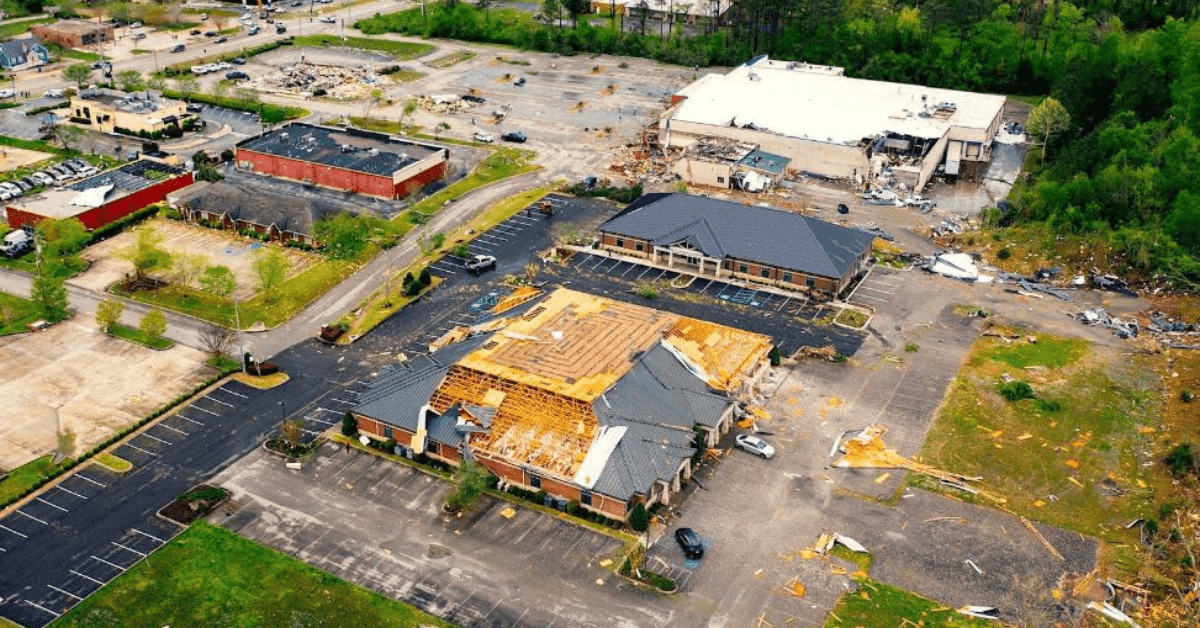
As an employer, you are legally required to protect the health, safety, and welfare of your staff and anyone else your business affects. Failing to do so could put others in jeopardy and will increase the chance of your company facing legal consequences, especially if you are found to have failed in your health and safety duties.
One aspect of protecting the health and safety of your staff is providing them with appropriate safety equipment or PPE (personal protective equipment). PPE is typically used or worn to prevent injuries, as well as reduce the risk of long-term health issues which can develop over time. Let’s explore why it’s so vital to provide staff with appropriate safety equipment for their work.
How to assess what safety equipment is needed
Risk assessments are an essential component of health and safety in the workplace and will help you determine which areas of your employees’ work carry a risk to their health and safety, as well as that of those around them. For example, working with certain chemicals has been associated with long-term health issues, however, inhalation of chemicals can be prevented by wearing a specialized face mask.
Prevent injuries and fatalities
Roles that center around construction or electrics carry a much higher risk than the typical office job. However, when used correctly, PPE can prevent both minor and major injuries on the job and reduce the risk of workplace fatalities. For example, heavy-duty gloves can prevent electrical shock or burns to those fixing electrical wiring.
PPE can also be used to keep your employees safe by making them more visible. Hi-vis vests and jackets are often worn on construction sites, to prevent workers from being run over or hurt by those operating heavy machinery.
Prevent long term diseases
The use of PPE can prevent your staff from being exposed to dangerous substances. For example, if you run a laboratory, your employees should wear protective overalls and disposable gloves, to ensure their skin doesn’t come into contact with the chemicals they’re working with. Not only does this prevent injuries like chemical burns, but it also reduces the risk of developing a long-term illness or disease, which could be caused by repeated contact with toxic substances.
Those working in the construction or carpentry industry are particularly at risk of various diseases, including asthma, chronic bronchitis, nasal cancer, and lung cancer. This is believed to be due to the inhalation of sawdust from wood. Due to this risk, those working in this sector are advised to take precautions by wearing appropriate PPE.

















